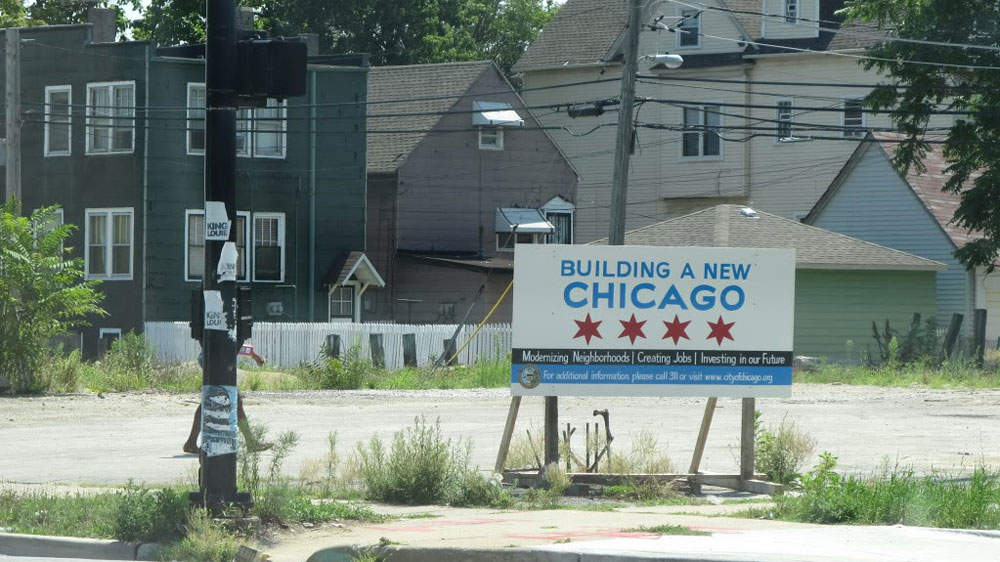
May 26, 2020; Chicago Sun-Times
After the Illinois General Assembly ended its last session without making a decision on a much-anticipated funding package, four hospitals on the South Side of Chicago have called off their merger, one with a vision that would stave off closings and improve the quality and access to health care in the majority-Black neighborhood.
The hospitals, including Advocate Trinity Hospital, Mercy Hospital and Medical Center, South Shore Hospital, and St. Bernard Hospital, each ran a deficit last year totaling $76 million for the group. Their reorganization plan would have established one state-of-the-art facility, along with a number of subsidiary health centers, at a total cost of $1.1 billion. Their ask to state government was $520 million over five years, and they had planned to raise $200 million in philanthropic dollars. The rest was to have been covered through debt financing and operating revenue.
The hospitals have been doing their due diligence in engaging local residents and have been collaborating closely with the governor’s office, but all of that seems to have fallen through, despite the fact that 72 percent of the deaths from COVID-19 in Chicago were among Black residents. This mirrors the disproportionate effects of the pandemic on Black communities nationwide.
Sign up for our free newsletters
Subscribe to NPQ's newsletters to have our top stories delivered directly to your inbox.
By signing up, you agree to our privacy policy and terms of use, and to receive messages from NPQ and our partners.
Without the legislation, “we have determined that we see no path forward for our project that would transform health care on the South Side and help address disparities in health for the patients we serve,” hospital executives said in a letter to Theresa Eagleson, director of the Illinois Department of Healthcare and Family Services.
“The recent COVID-19 outbreak should make clear to all why this legislative development is so misguided,” the letter added. “This pandemic has disproportionately affected our city’s African Americans.”
“We have grave concerns about this development, and we believe this action will force hospital closures, cause further service cuts and push access to care even further out of reach for the families we serve,” says the letter. “It has been an intensive and exhilarating process, grounded in one succinct belief: the status quo is not working for South Side residents, who deserve an integrated health care delivery system,” the executives said.—Ruth McCambridge










